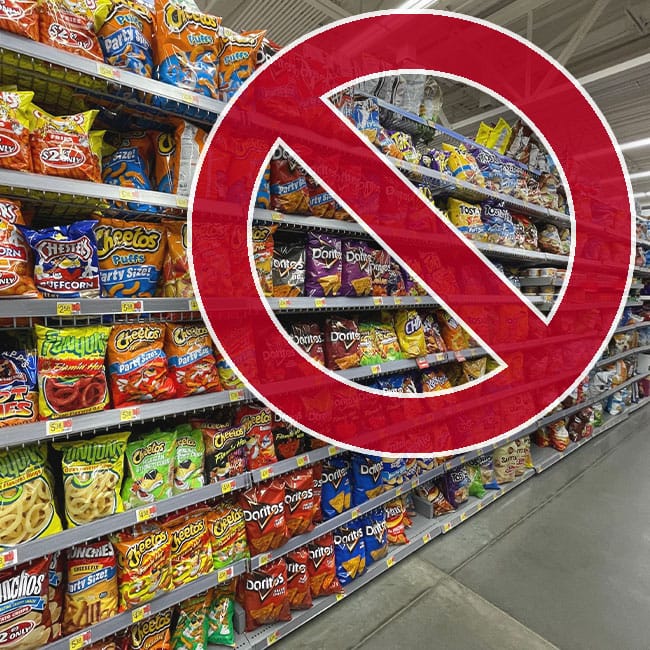Hormonal imbalance becomes a common concern for older women, especially after 40, due to natural changes such as perimenopause, menopause, and shifts in estrogen and progesterone levels. These changes can cause symptoms such as fatigue, weight gain, mood swings, and trouble getting a good nights rest.
While these changes are inevitable, there are certain things you can do to manage these symptoms, one of which is cutting out certain foods. Believe it or not, your diet can have a huge impact on whether you feel worse or better during this time of change your body is going through.
We checked in with Taylor Stolt, RD, Dr. Tanya Beaubrun, a family physician and functional and integrative medicine doctor specializing in women’s health, hormone balance, and chronic disease management, and Lisa Richards, nutritionist at The Candida Diet, to learn about four foods to stay away from in order to balance hormones over 40. They revealed that alcohol, plant-based meat, dairy, and sugary drinks are the ones to steer clear of. Read on to learn more!


1. Alcohol
Everyone knows the downsides to alcohol, even though it's one of the most popular beverages in the world. Alcohol can actually affect key hormone-regulating processes, especially as the body ages and metabolism slows down.
Stolt reveals that alcohol affects almost every hormone in the body, and not in a good way. She says that this drink "impairs liver function, which plays a key role in metabolizing estrogen, leading to imbalances like estrogen dominance. Even one drink can significantly reduce melatonin production, disrupting sleep and triggering a cascade of hormonal issues. Alcohol also lowers progesterone, increases testosterone levels, and weakens adrenal function, contributing to stress hormone imbalances."
As time goes by, this can worsen feelings of fatigue, mood swings, and weight gain.

2. Plant-based meat
This one may be surprising since plant-based meat is marketed as a healthy food choice, but it can have negative consequences on your hormones.
The problem with this food is the soy content. Excessive consumption of phytoestrogens, a compound found in soy that mimics estrogen in the body, may fluctuate hormones in older women.
"Many plant-based meats contain soy protein isolates, which can mimic estrogen in the body and potentially lead to imbalances, especially in women sensitive to estrogen fluctuations. These products also often include additives, preservatives, and artificial flavors, which may disrupt the endocrine system and contribute to hormone imbalances," says Stolt.

3. Dairy
The issue with dairy is that it contains natural hormones like estrogen and progesterone, which come from cows. Older women who are already experiencing shifts in estrogen can experience hormonal imbalance if they consume dairy excessively.
"Dairy products contain natural hormones, such as estrogen and progesterone, which can interfere with the body’s own hormone regulation," says Richards.
Beaubrun adds that "hormones and antibiotics in non-organic dairy can disrupt estrogen and progesterone levels. Opting for hormone-free, organic dairy, or dairy alternatives can help."

4. Sugary drinks
No matter what phase of life you're in, sugary drinks are never a good idea. Sugary drinks such as fruit juice, coffee, soda, or energy drinks spike your insulin levels, which affect your hormones.
Stolt elaborates on this and adds, "These drinks cause insulin spikes, lowering sex hormone binding globulin (SHBG), which can raise estrogen and testosterone levels. High insulin also promotes chronic inflammation and disrupts hunger signals, leading to overeating and weight gain. Excess fat produces more estrogen, further worsening estrogen dominance." Yikes!
The bottom line
Fortunately, there are plenty of foods you can eat instead to prevent hormonal imbalance and ease symptoms. Flaxseeds, salmon, cruciferous veggies, berries, and avocados are just a few that Stolt recommends. These foods help reduce inflammation, support healthy hormone production, aid in liver detoxification, and are rich in fiber.
Beaubrun also suggests that “stress reduction techniques like yoga and mindfulness, along with supplements like magnesium or adaptogens, can further promote hormone balance.”


























